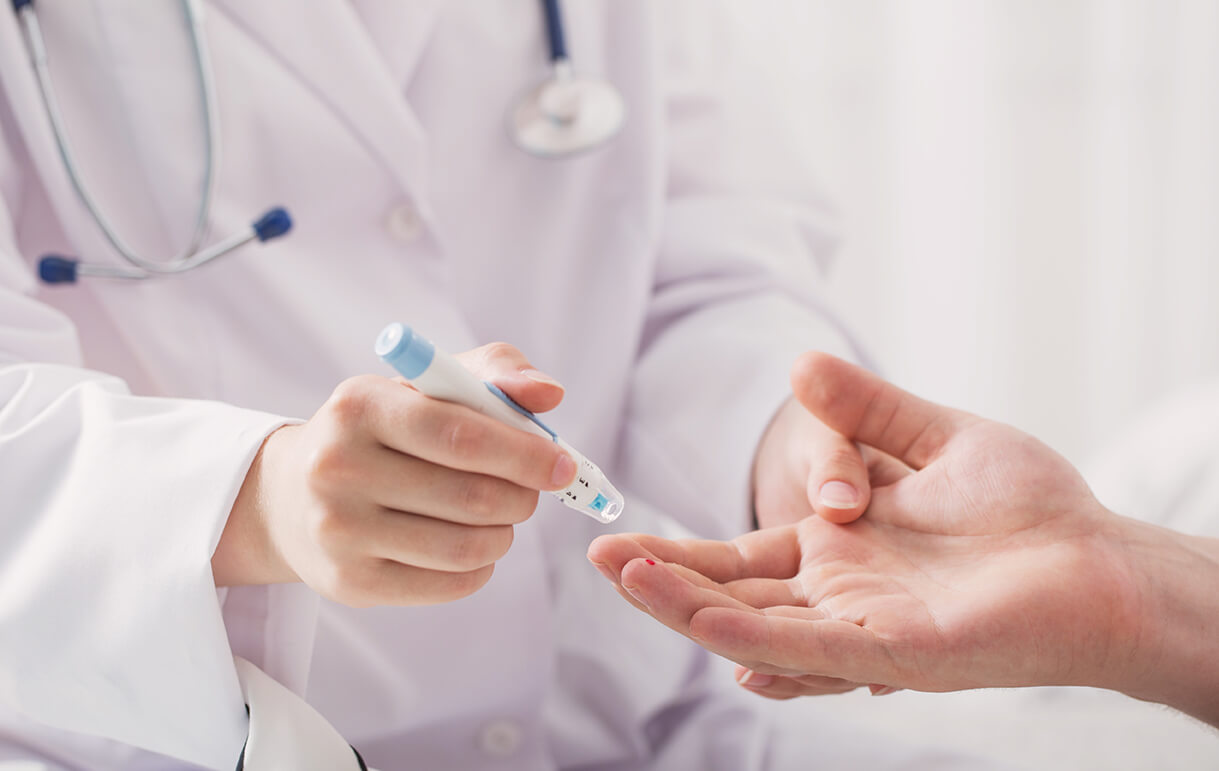Insulin Potentiated Therapy (IPT)

In standard chemotherapy, patients are given a large dose of cytotoxic drugs in the hope of destroying cancer cells. The majority of the drugs are not potent and do not affect cancer cells. Instead, the massive dosage wreaks havoc on healthy cells and blood components. Standard chemotherapy does not directly target cancer cells. The immune system takes a beating and patients experience many unpleasant side effects.
IPT in turn, is low-dose chemotherapy (one-tenth the amount of standard chemotherapy and can vastly reduce side effects) administered with insulin. Cancer cells consume more sugar and therefore, are considered sensitive to insulin. Insulin is used to potentiate the chemotherapy. Cancer cells need 19 times more sugar than normal cells to get the energy they need. When IPT is released into the bloodstream, the IPT attaches to receptors on the surface of the cancer cell. Like a key fitting into a lock, this treatment opens channels in the cell wall to allow nutrients to go into the cell. This way, it is easier to target cancer cells, since the excess insulin activators are activated.
At this point, we administer a small amount of chemotherapy followed quickly by glucose. The cancer cells, in their desperate effort to get the glucose, take in almost the entire dose of low dose chemotherapy drugs as well. The action will poison and eventually kill the cancer cells. This treatment method has been proven to increase the efficiency of the therapy and also reduces the incidence of side effects from the regular high dosage of cytotoxic drugs used in conventional treatment pathways.

